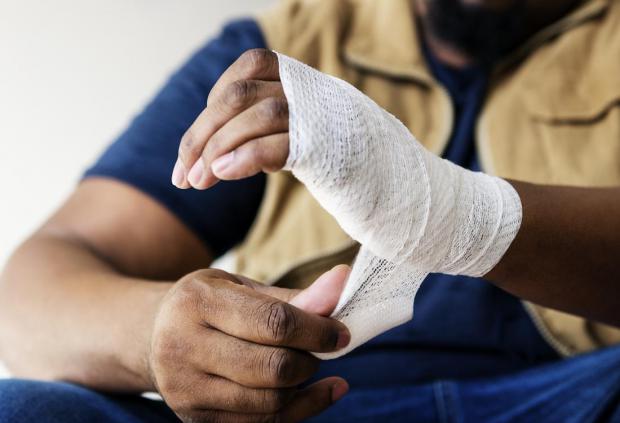
Breaking News
 Trump has pros as well as cons
Trump has pros as well as cons
 Congress To Have Access to Unredacted Epstein Files
Congress To Have Access to Unredacted Epstein Files
 How $30BILLION of taxpayers' money put aside for welfare pot became a 'slush fund'...
How $30BILLION of taxpayers' money put aside for welfare pot became a 'slush fund'...
 Why This Crash Is Bitcoin's Biggest Test Yet
Why This Crash Is Bitcoin's Biggest Test Yet
Top Tech News
 SpaceX Authorized to Increase High Speed Internet Download Speeds 5X Through 2026
SpaceX Authorized to Increase High Speed Internet Download Speeds 5X Through 2026
 Space AI is the Key to the Technological Singularity
Space AI is the Key to the Technological Singularity
 Velocitor X-1 eVTOL could be beating the traffic in just a year
Velocitor X-1 eVTOL could be beating the traffic in just a year
 Starlink smasher? China claims world's best high-powered microwave weapon
Starlink smasher? China claims world's best high-powered microwave weapon
 Wood scraps turn 'useless' desert sand into concrete
Wood scraps turn 'useless' desert sand into concrete
 Let's Do a Detailed Review of Zorin -- Is This Good for Ex-Windows Users?
Let's Do a Detailed Review of Zorin -- Is This Good for Ex-Windows Users?
 The World's First Sodium-Ion Battery EV Is A Winter Range Monster
The World's First Sodium-Ion Battery EV Is A Winter Range Monster
 China's CATL 5C Battery Breakthrough will Make Most Combustion Engine Vehicles OBSOLETE
China's CATL 5C Battery Breakthrough will Make Most Combustion Engine Vehicles OBSOLETE
 Study Shows Vaporizing E-Waste Makes it Easy to Recover Precious Metals at 13-Times Lower Costs
Study Shows Vaporizing E-Waste Makes it Easy to Recover Precious Metals at 13-Times Lower Costs
Learn the basics of wound management for survival situations

But what happens when you get wounded in a survival situation and heading to the ER is simply not an option?
Survivopedia recently outlined the best ways to manage wounds when medical support is not available. Here's a look at how to handle some of the most common types of wounds.
Abrasions
Abrasions are one of the most common types of wounds because they can happen so easily – as any child who has ever skinned their knee or elbow can attest. Any time you rub your skin against a rough surface at speed, like that sidewalk when you fall off your bike or the carpet when you trip over a cord – you might get an abrasion that bleeds. While these wounds don't normally pose as many dangers as other types, it is essential to remove any gravel, dirt or other detritus that could make its way inside the wound right away.
These injuries can usually be dealt with using an antibacterial ointment once any debris has been removed. Then, keep it covered until it has healed, keeping an eye on the site for signs of infection such as swelling, increasing pain, pus, swollen glands, or a fever.
Punctures
As unpleasant as it may be to think about, sometimes a sharp object can penetrate deep into your skin and the tissue underneath it. Although these wounds might not cause a lot of bleeding on the surface, they can lead to internal damage.
These can be very challenging to clean, and it's important to keep in mind the possibility of tetanus if the puncture was caused by rusty metal and rabies if the puncture is from an animal bite.

 Smart dust technology...
Smart dust technology...

